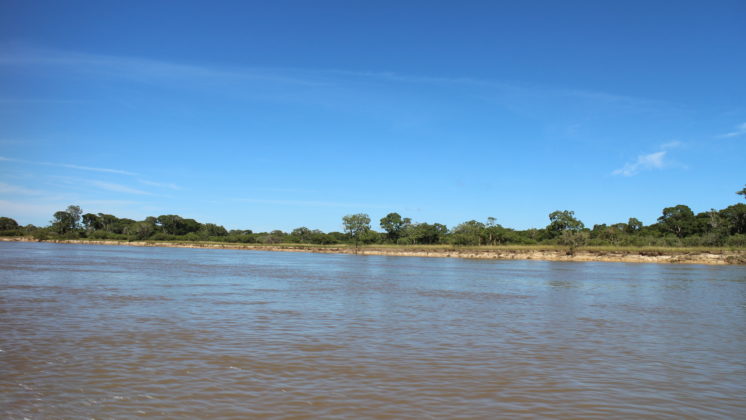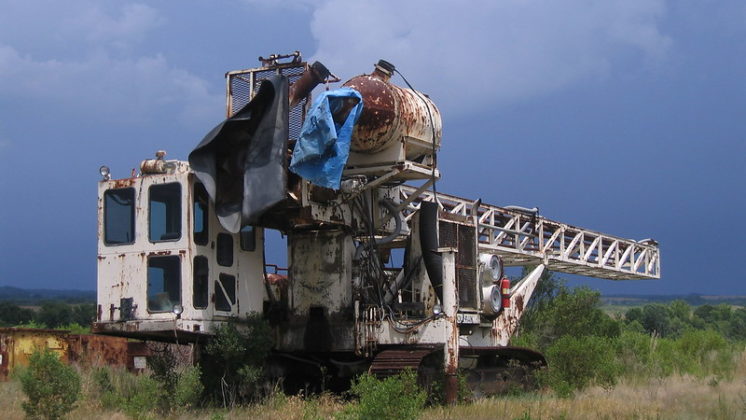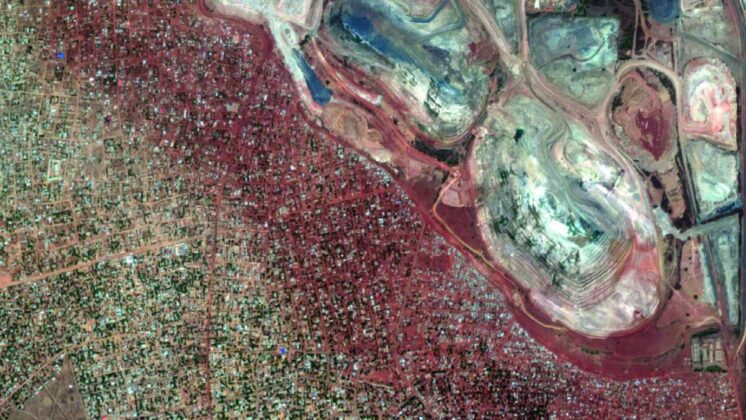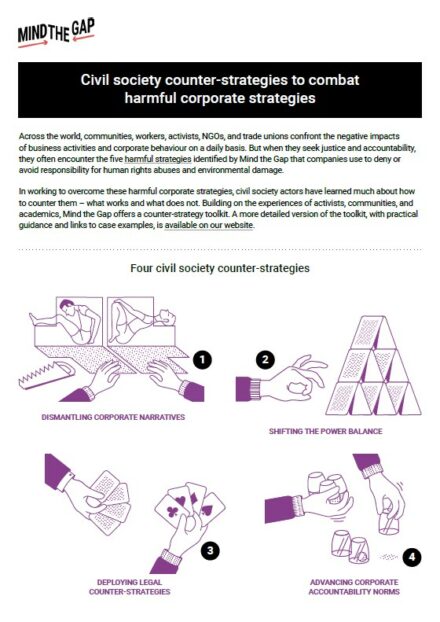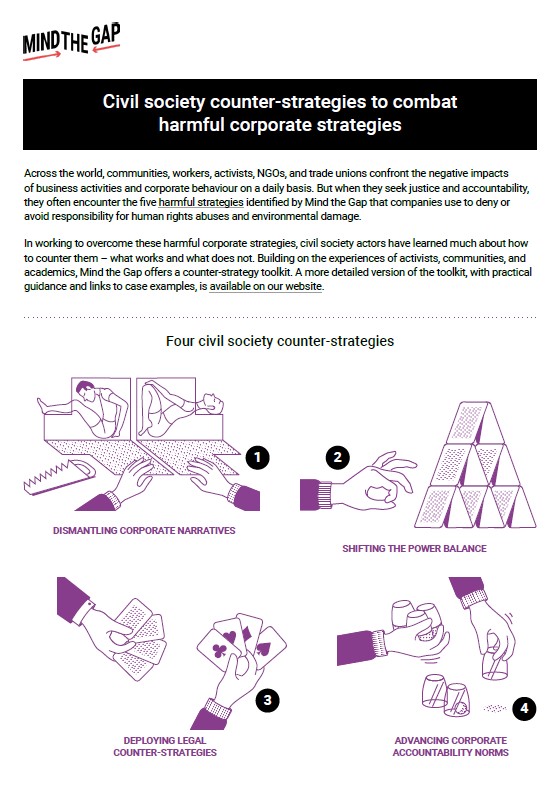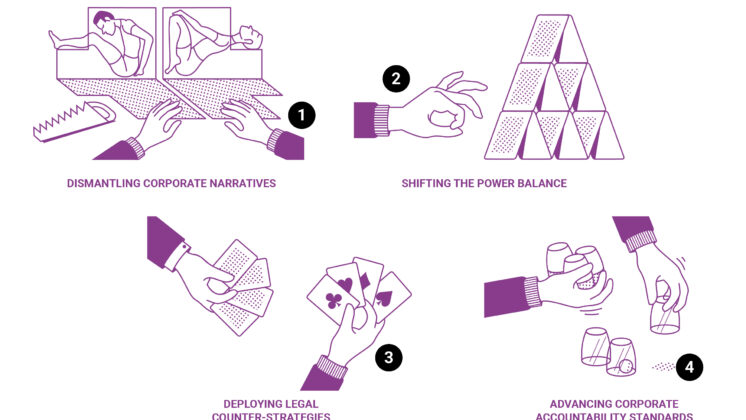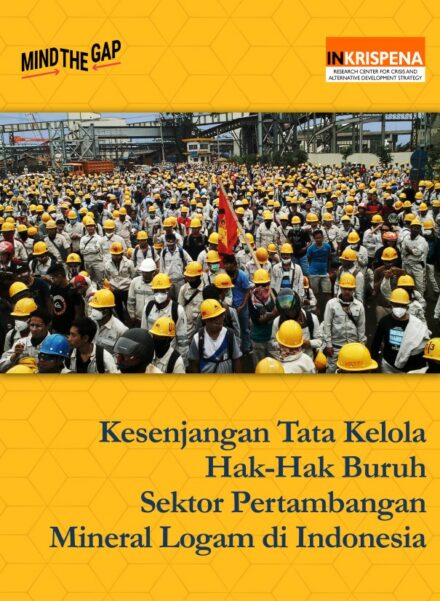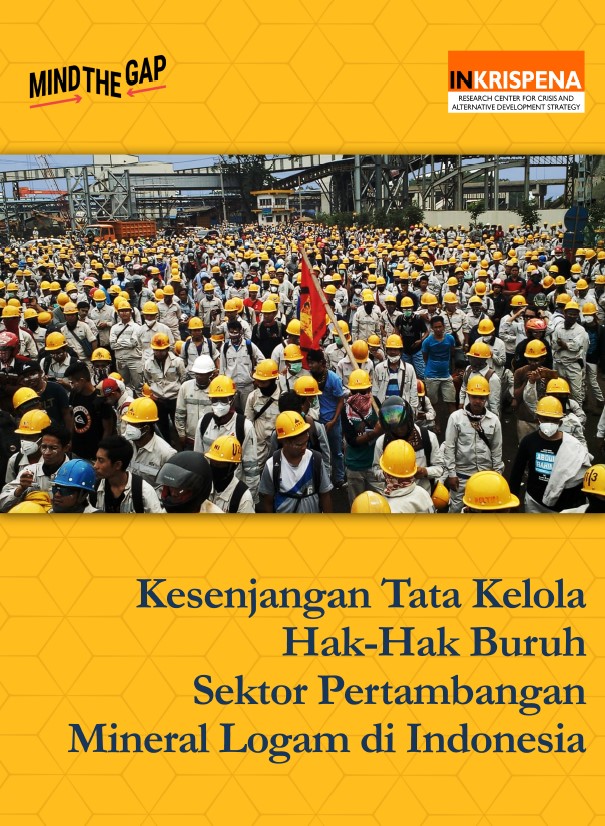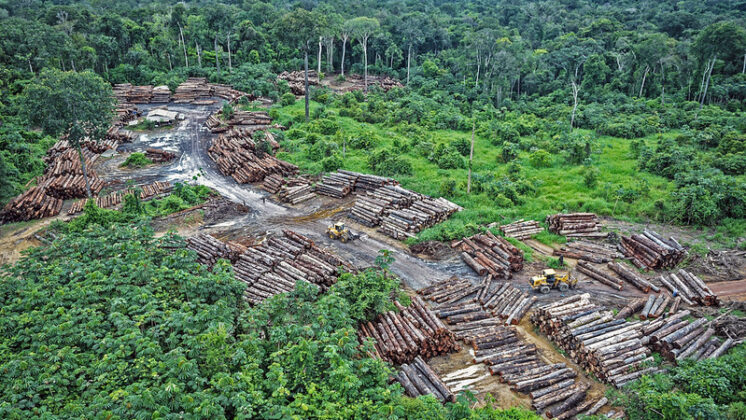Human rights and environmental defenders continue to face killings, harassment, intimidation, and other attacks for publicly opposing corporate activities. Even just the threat of such attacks makes it increasingly difficult for affected communities and workers to speak up against corporate misconduct and demand corporate accountability.
CASE STUDY: Belo Sun critics threatened in Brazil
Front Line Defenders reported 304 killings of human rights defenders across 31 countries in 2019 (compared to 321 in 2018), and an additional 895 violations broken down in several types of violations: detention/arrests; legal actions; physical attacks; threats; raids/break-ins; disappearances; torture/ ill-treatment; questioning/Interrogation; smear campaigns; verbal abuses; travel bans; and sexual violence. Of particular relevance for the Mind the Gap project, the report concludes that “Land, environmental and indigenous peoples’ rights remained the most dangerous sector of human rights defense due to the profit-driven exploitation of natural resources, combined with rampant corruption, weak governments, and systemic poverty”.[1] Although some of the reprisals against human rights defenders are initiated or condoned by state actors and other community members, others are initiated by corporations, even when they are not executed by the corporations themselves.
CASE STUDY: Paramilitary violence allegedly contracted by Drummond in Colombia
Intimidation of critics can both silence the initially vocal parties as well as preventing others from expressing concerns or protesting. As a result, corporations can continue to operate without altering their conduct or providing remediation for past impacts.
[1] Front Line Defenders, Front Line Defenders Global Analysis 2019 (Dublin: Front Line Defenders, 2020), 7, https://www.frontlinedefenders.org/en/resource-publication/global-analysis-2019 (accessed June 29, 2020).

